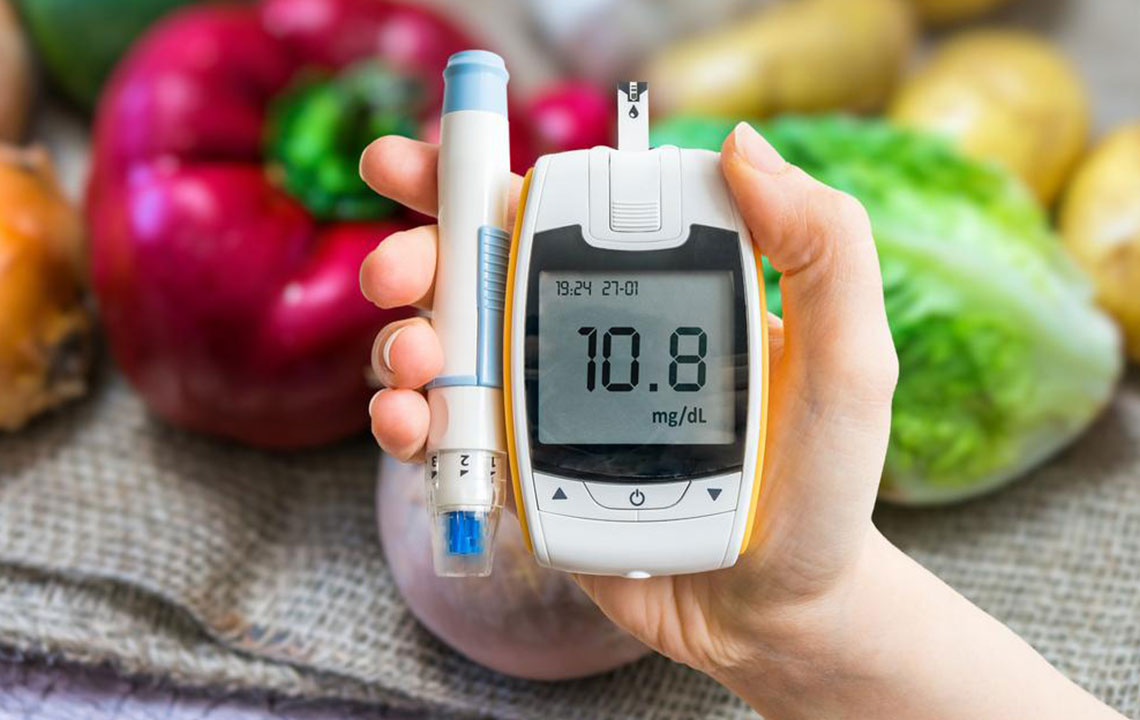Know about Diabetic Neuropathy Symptoms and Its Treatment
Diabetic neuropathy is the damage to your nerves that occurs due to diabetes. When your blood sugar level is high, the high glucose in your system can injure and damage the nerve fibers through your body. Diabetic neuropathy is usually experienced in the legs and feet, but other parts of the body like neck, shoulders, and back can be at the receiving end of this condition as well. Diabetic neuropathy is categorized into different types, based on the place that it is affecting.
- Diabetic peripheral neuropathy
This includes the damage to the peripheral nerves, which is most commonly your legs and feet.

Here, the autonomic nervous system gets affected. This involves the nerves that are responsible for controlling bodily functions like the urinary, genital, gastrointestinal, and vascular system.
The lower body, like the hips and thighs, is affected.
A specific area of the body or nerve are is affected.
Symptoms of diabetic neuropathy-
Here are a few symptoms that might suggest that you are suffering from diabetic neuropathy:
- The ability to feel anything like pain or temperature decreases.
- Numbness in the affected area.
- Tingling or burning sensations that run across the length of your body.
Diabetic neuropathy treatment-
While your nerves can’t be replaced, you can lower the amount of pain and prevent any further damage. Leaving this condition unattended can affect the quality of life and even prove to be fatal. The first way to do this is to keep a tab on your blood sugar levels, that’s a given. Your blood sugar level plays a huge role in regulating the overall functioning of your body, so make sure you are always aware of the hike and drop in your blood sugar levels. Here are a few diabetic neuropathy treatments that are helpful:
- Opioid Medicines- These include drugs that are powerful, and greatly helpful in treating the pain associated with diabetic neuropathy, like oxycodone and tramadol to name a few.
- Antidepressants- While antidepressants are used to treat depression, they are helpful in diabetic neuropathy treatments as well. Since antidepressants can influence the chemicals and chemical activity in your brain, they can help relieve any pain that is caused due to diabetic neuropathy. Tricyclic antidepressants like amitriptyline and imipramine are most commonly prescribed. However, you need to be aware of the fact that these medications come with side effects like fatigue, dry mouth, and sweating. Also, if you happen to have a history of heart problems, your doctor might refrain from prescribing these medications. For something with fewer side effects, antidepressants like serotonin and norepinephrine are prescribed.
- Over-the-counter medications like acetaminophen, aspirin, and ibuprofen can control your symptoms for a while.
- Anti-seizure medications or drugs- Patients with epilepsy are administered with drugs like pregabalin, gabapentin, and phenytoin. The same drugs can be helpful in treating diabetic neuropathy as well. They can help with nerve pain. Drugs like pregabalin can help improve your sleep as well.
- Acupuncture can be helpful in treating your nerves.
- Supplements like acetyl-L-carnitine and alpha lipoic acids are helpful in diabetic neuropathy treatment.
- Physical exercises like swimming have proven to be effective in treating diabetic neuropathy. High impact exercises can cause your nerves to go numb and cause pain, so low impact exercises are your best bet as they work in your favor and helps treat your nerves by soothing the affected nerves and diabetic nerve pain in your body.
- Capsaicin creams are helpful in treating and soothing pain. You can find these creams at your local drug store. Apply them to the affected area, but make sure you don’t have a negative reaction to these crams can cause skin irritation.
Lastly, take good care of your hands and feet, which are the most commonly affected parts of your body is a part of the diabetic neuropathy treatment. Keep them clean and check them often to make sure there are no problems like sores, swellings or cuts. Consult your doctor immediately if you see any problems and neglecting this can lead to infections, making your condition even worse.

